Emergency Dental Care London
No one plans for a dental emergency, but at MEK Dental, we're ready to help when you need us.
Immediate Assistance
Call: (519) 668-7635 for fast care in dental emergencies.
Walk-In & Same-Day Appointments
We offer walk-in and same-day appointments for urgent care, prioritizing urgent cases to provide fast attention. Our team focuses on making you comfortable and delivering compassionate care.
What is a Dental Emergency?
A dental emergency is any sudden dental issue that causes severe pain, bleeding, swelling, or risk of permanent damage if left untreated. These situations require immediate professional care to prevent complications. Understanding what qualifies as a dental emergency can help you act quickly and prevent complications.
Common Dental Emergencies in London
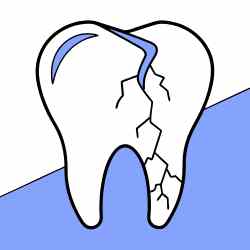
Cracked Tooth
A cracked tooth can cause pain and sensitivity, especially when chewing. Prompt treatment can prevent further damage.
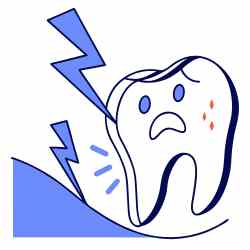
Toothaches
Persistent tooth pain could indicate infection or decay. Seeking early treatment can help relieve pain and prevent complications.
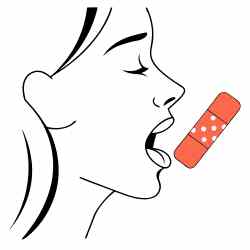
Bitten Tongue
A deep bite to the tongue or lip can cause significant bleeding and pain. Cleaning the area and applying pressure can help control bleeding.
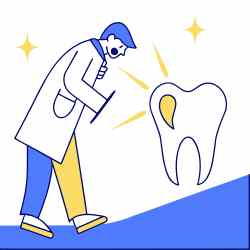
Dental Concussion
A tooth concussion occurs when a tooth is hit but not knocked out. It may change color or feel loose, requiring monitoring by a dentist.
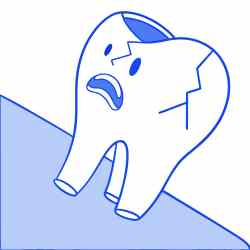
Knocked-Out Tooth
A knocked-out tooth requires immediate attention. If possible, place it in milk and see a dentist right away.
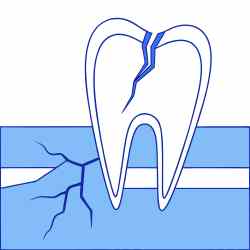
Lost Filling
A lost filling can expose sensitive areas of the tooth, causing discomfort. A dentist can replace it to protect the tooth.
How to Handle Dental Emergencies for Children
Children are more likely to have dental injuries. If your child has a dental emergency, follow these steps:
- Kids often lose baby teeth during play, sports, or accidents. If it’s a baby tooth, don’t try to put it back. If it’s a permanent tooth, put it in milk and see a dentist right away.
- Children can break a tooth by biting down on something hard, falling, or during rough play. Rinsing the mouth with warm water and using a cold compress can help reduce swelling.
- A child might get a toothache from cavities, infections, or injury. Cleaning the area and checking for food debris can help, but a visit to the dentist is still necessary.
- Kids can accidentally bite their tongue or lip during play or a fall. Cleaning the wound and applying pressure can help, but if bleeding continues, dental care may be needed.
For parents, knowing how to handle dental emergencies for children can make a big difference in protecting their smiles.
Preventing Dental Emergencies
Although emergencies are unexpected, you can reduce the risk by:
- Wearing a Mouthguard: Protect teeth during sports or physical activities.
- Avoiding Hard Foods: Ice, popcorn kernels, and hard candies can crack teeth.
- Practicing Good Oral Hygiene: Brushing, flossing, and regular dental visits help prevent decay and infections.
- Not Using Teeth as Tools: Avoid using teeth to open packages or bite non-food objects.
- Supervising Children: Ensure kids don’t chew hard objects or play near hard surfaces.
Taking steps toward preventing dental emergencies can help you avoid painful situations and costly treatments.
